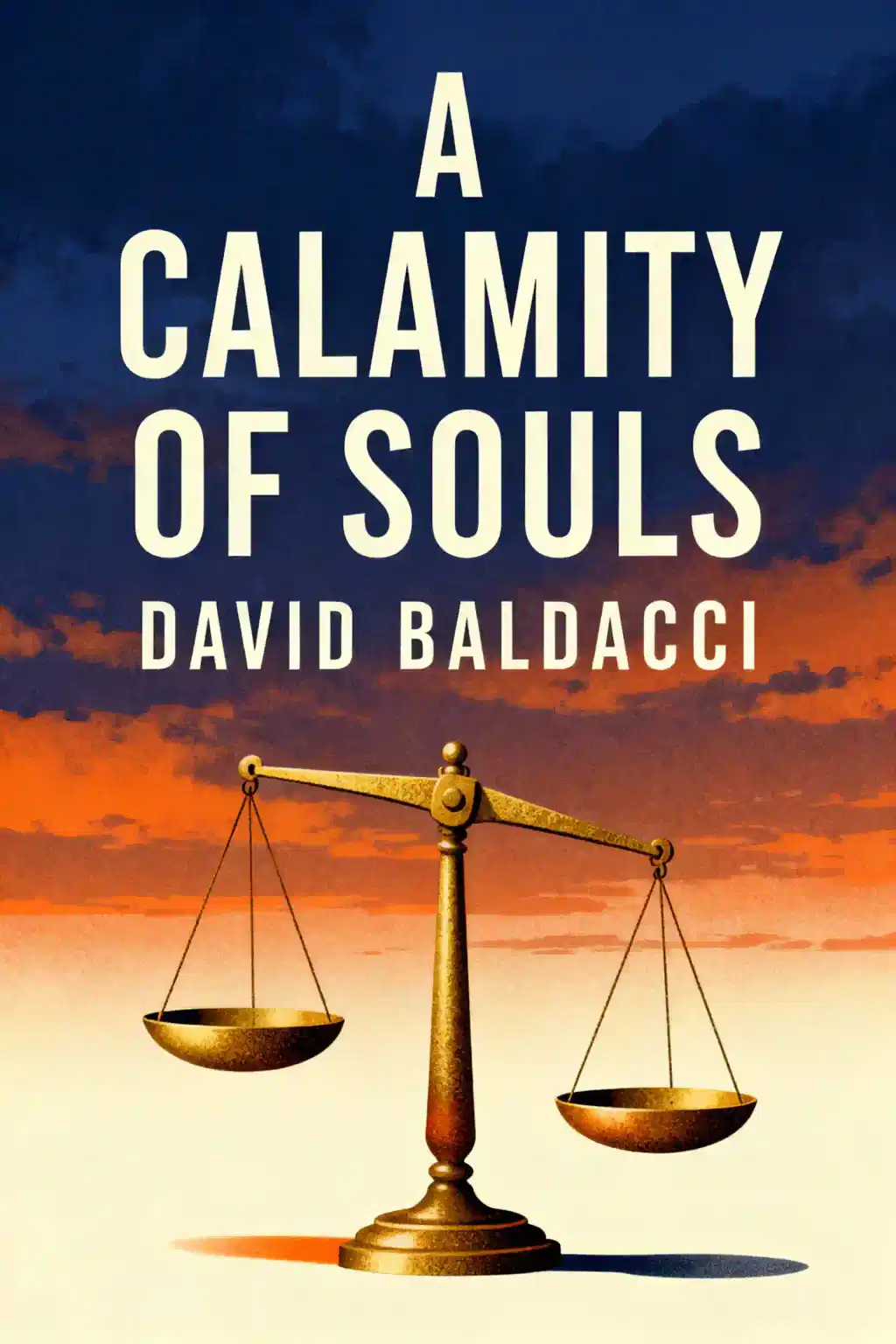What is The Clot Thickens by Malcolm Kendrick about?
The Clot Thickens by Malcolm Kendrick challenges the conventional belief that high cholesterol causes heart disease. The book presents a thrombogenic hypothesis, arguing that blood clots and endothelial damage are the true culprits behind cardiovascular disease. Kendrick examines 150 years of scientific evidence, critiques pharmaceutical industry practices, and offers practical recommendations for preventing heart disease through lifestyle modifications focused on reducing blood clotting risk rather than lowering cholesterol.
Who should read The Clot Thickens?
The Clot Thickens is ideal for anyone diagnosed with cardiovascular disease, diabetes, or those who have experienced heart attacks or strokes. The book appeals to readers questioning conventional medical wisdom about cholesterol and statins, healthcare professionals seeking alternative perspectives on CVD prevention, and individuals interested in understanding the science behind heart disease beyond mainstream narratives. Those comfortable with detailed scientific discussions will find the most value.
Is The Clot Thickens worth reading?
The Clot Thickens is worth reading for its groundbreaking thesis and meticulous scientific citations, with reviewers calling it "the best title on heart attack and ischemic stroke prevention". However, the book's writing style divides readers—some praise Kendrick's wit and humor, while others find it overly verbose and sarcastic. At 330+ pages, critics note it could have been more concise, but the underlying science and unifying theory of heart disease make it valuable for dedicated readers.
Who is Dr. Malcolm Kendrick?
Dr. Malcolm Kendrick is a Scottish physician, author, and member of the Centre for Evidence-Based Medicine and The International Network of Cholesterol Sceptics. He has written multiple books challenging conventional cardiovascular medicine, including "The Great Cholesterol Con" and "Doctoring Data". Kendrick is known for his controversial stance against the cholesterol hypothesis and his advocacy for evidence-based medicine that questions pharmaceutical industry influence on medical practice.
What is the thrombogenic hypothesis in The Clot Thickens?
The thrombogenic hypothesis presented in The Clot Thickens proposes that blood clots, rather than cholesterol, are the primary cause of cardiovascular disease. Kendrick explains that endothelial damage triggers blood clot formation, which over time becomes incorporated into arterial walls, creating plaque buildup. This theory suggests that preventing heart disease requires addressing factors that damage the endothelium and promote clotting, rather than focusing solely on cholesterol levels.
How does The Clot Thickens debunk the cholesterol myth?
The Clot Thickens systematically dismantles the diet-heart hypothesis by demonstrating that saturated fat and cholesterol consumption don't directly cause cardiovascular disease. Malcolm Kendrick argues that cholesterol has been wrongly convicted while the true culprits—blood clotting and endothelial damage—escaped scrutiny. He presents decades of scientific evidence showing inconsistencies in the cholesterol theory and exposes how pharmaceutical companies profited from statins despite knowing the cholesterol hypothesis was flawed.
What are the main risk factors for heart disease according to The Clot Thickens?
According to The Clot Thickens, key cardiovascular disease risk factors include anything that damages the endothelium: type 2 diabetes, smoking, air pollution, high blood pressure, and periodontal disease. Kendrick emphasizes blood sugar dysregulation and insulin resistance as more critical than cholesterol levels. The book identifies stress, certain medications, and inflammatory conditions as factors that promote blood clotting and endothelial dysfunction, providing a comprehensive framework for understanding CVD risk beyond traditional markers.
What dietary advice does Malcolm Kendrick provide in The Clot Thickens?
Malcolm Kendrick's dietary recommendations in The Clot Thickens focus on improving endothelial function and reducing blood clot risk rather than lowering cholesterol. He emphasizes managing carbohydrates and insulin resistance, suggesting these have greater impact on heart health than saturated fat consumption. Kendrick advocates for whole foods and balanced nutrition that supports vascular health, challenging decades of low-fat dietary guidelines and offering practical steps for readers to take control of their cardiovascular wellness.
What are the criticisms of The Clot Thickens?
The Clot Thickens faces criticism primarily for its writing style rather than its scientific content. Reviewers note the book is unnecessarily long at 330+ pages, with one critic stating it should have been a "thin masterpiece" of 100 pages. Kendrick's tone is described as sarcastic, sophomoric, and self-aggrandizing, with excessive tangents that distract from his compelling thesis. Some readers found the conversational Scottish style charming, while others considered it unprofessional for recommending to healthcare professionals.
How does The Clot Thickens address statins and pharmaceutical companies?
The Clot Thickens critiques the pharmaceutical industry's promotion of statins despite questionable evidence supporting the cholesterol hypothesis. Malcolm Kendrick argues that Big Pharma made trillions from cholesterol-lowering drugs while knowing the underlying theory was flawed. However, some readers wished for more detailed coverage of when statins might be appropriate, noting this topic wasn't explored in significant depth despite being central to the cholesterol controversy.
What makes The Clot Thickens different from other heart disease books?
The Clot Thickens offers a unifying theory of heart disease that explains why diverse conditions—from sickle cell disease to diabetes to stress—all increase cardiovascular risk through a common mechanism: endothelial damage and blood clotting. Unlike books focused on cholesterol management, Kendrick traces 150 years of overlooked scientific evidence and introduces "unrecognized heroes" whose thrombogenic research was suppressed. This detective-story approach, combined with challenges to medical orthodoxy, distinguishes it from conventional cardiovascular literature.
Is The Clot Thickens based on scientific evidence?
The Clot Thickens is meticulously researched, with extensive footnotes citing relevant scientific papers that provide an excellent foundation for further study. Malcolm Kendrick draws from peer-reviewed journals, including publications in Atherosclerosis, to build his case for the thrombogenic hypothesis. Reviewers praise his evidence-based approach and persuasive presentation, though they note his controversial conclusions challenge decades of mainstream cardiovascular research. The book's scientific rigor makes it valuable despite debates about his interpretation of the data.














